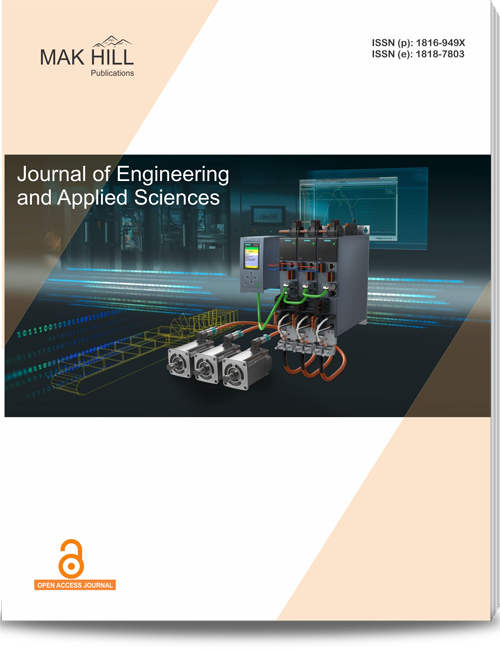
Journal of Engineering and Applied Sciences
ISSN: Online 1818-7803ISSN: Print 1816-949x
Abstract
Load flow is the most fundamental algorithm for the power system analysis and is used in the operational as well as planning stages. Certain applications, particularly in distribution automation and optimization of a power system, require repeated load flow solutions. The distribution systems have some characteristics like radial structure, untransposed lines, large number of nodes and unbalanced loads along with single phase and two phase laterals. In distribution load flow analysis these features need to be taken into account. Hence, the analysis should be done on the three phase basis unlike the transmission system, which can be analyzed on the per phase basis. The objective of this study, is to develop a formulation and an efficient solution algorithm for the distribution power flow problem which takes into account the detailed and extensive modeling necessary for use in the distribution automation environment of a real world electric power distribution system. The modeling includes unbalanced three-phase, two-phase and single-phase branches, constant power, constant current and constant impedance loads connected in wye or delta formations, cogenerators, shunt capacitors, line charging capacitance, switches and three-phase transformers of various connection types.
How to cite this article:
K. Jithendra Gowd , Ch. Sai Babu and S. Sivanagaraju . Impact of Distributed Generators on Power Loss in Distribution Systems.
DOI: https://doi.org/10.36478/jeasci.2008.31.37
URL: https://www.makhillpublications.co/view-article/1816-949x/jeasci.2008.31.37